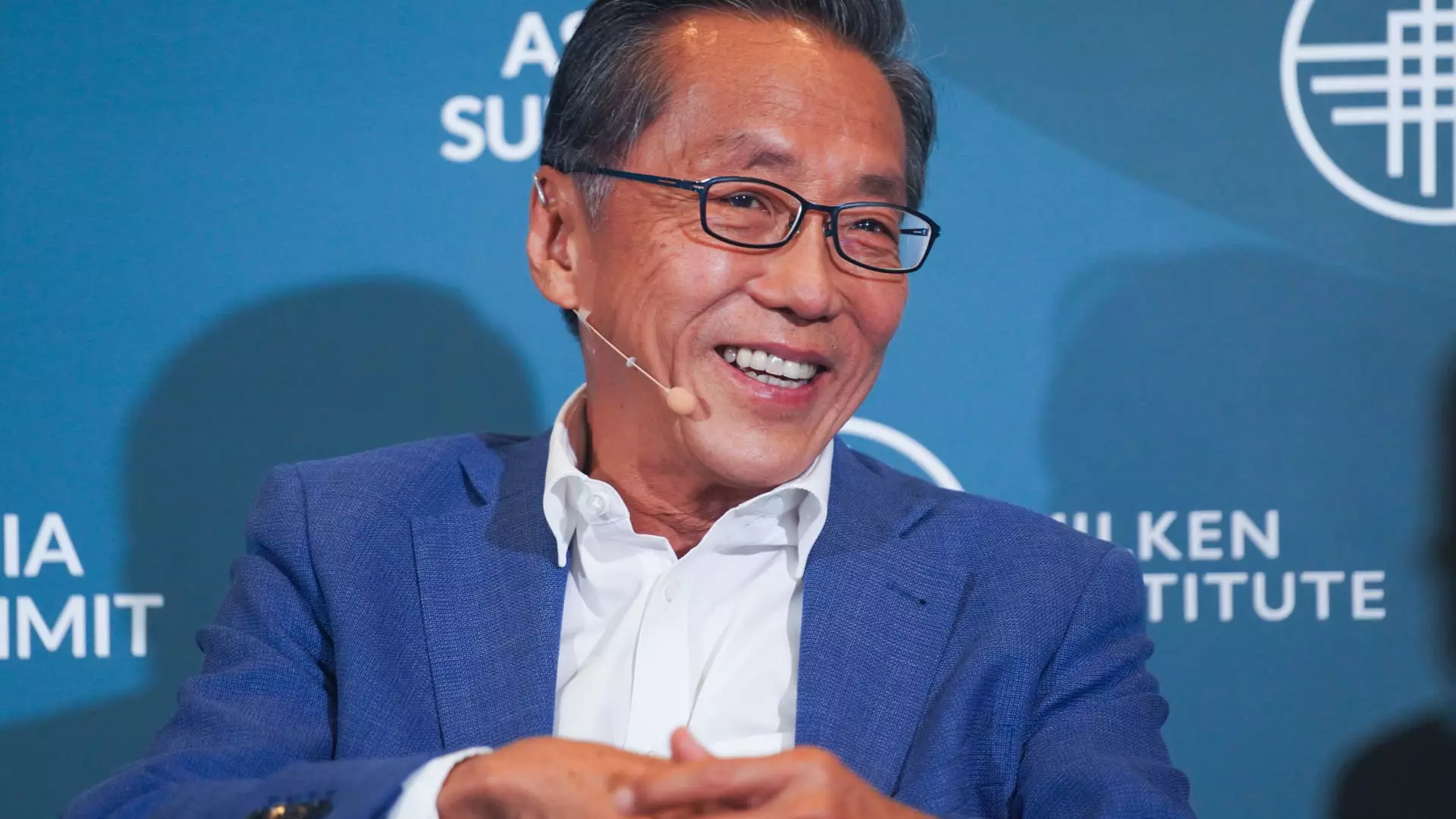The path to success is often unpredictable, intertwining experiences that shape individuals in profound ways. One such journey belongs to Ho Kwon Ping, the influential co-founder and executive chairman of Banyan Group, a hospitality powerhouse. His life’s trajectory—from student activism to becoming a global entrepreneur—paints a vivid picture of resilience, innovation, and the pursuit of one’s passions.
Roots of Activism and Early Struggles
Ho Kwon Ping’s early years were marked by an intense dedication to social justice, often leading him into trouble. While attending Stanford University in the 1970s, he emerged as a vocal opponent of the Vietnam War. His determination to advocate for what he believed in saw him participating in numerous protests, one of which resulted in his suspension from the university. This incident reflects a passionate youth steeped in the conviction that one should stand up against injustices, even if it comes at a personal cost.
Instead of being deterred by this setback, Ho’s experiences served as a catalyst for his development. After returning to Singapore and completing his national service, he ventured into journalism, contributing to the Far Eastern Economic Review. However, his critical perspective on Singapore’s politics did not sit well with the government, leading to another unfortunate consequence: a prison sentence under the Internal Security Act due to accusations of pro-Communist sentiments. This two-month solitary confinement was a transformative experience, providing him with a considerable amount of time to reflect on his life and the choices he would make moving forward.
What might typically be seen as obstacles, Ho Kwon Ping viewed as opportunities for reinvention. After his release from prison, he embraced journalism anew, eventually moving to Hong Kong with his wife, Claire Chiang. Living in modest circumstances, they formed deep connections and established the foundation for what would become a remarkable entrepreneurial journey. Spending time in the tranquil surroundings of Lamma Island, which aptly translates to “Banyan Tree Bay,” set the stage for his future in the hospitality industry.
Ho’s family background played a significant role in shaping his business sensibilities. Born into a well-off family where his father was a successful businessman, expectations loomed large. When his father fell ill, Ho stepped in to lead the family conglomerate. However, managing a diverse array of businesses—spanning construction to electronics—proved challenging. Realizing that a lack of focus was detrimental, he sought to carve out a unique identity for himself: a brand that stood for quality and experience rather than a mere collection of products.
The real turning point for Ho came when he discovered 550 acres of coastal land in Phuket, Thailand. This land, once an abandoned tin mine, became the canvas for his vision. Alongside his wife and brother, he initiated the development of Laguna Phuket, the first integrated resort in Asia. However, it was his innovative approach to hospitality that truly set him apart.
Instead of replicating existing ideas, Ho conceptualized the notion of an “all-pool villa” resort and introduced tropical spa experiences to travelers. The debut of Banyan Tree Phuket in 1994 was not just the establishment of a luxury resort; it was the birth of a brand synonymous with high-end wellness and immersive hospitality.
The Banyan Group quickly caught the attention of investors, and in 2006, it became publicly listed on the Singapore Stock Exchange. With revenue exceeding $328 million Singapore dollars in 2023, the company showcases a successful trajectory supported by Ho’s strategic leadership.
The Evolution of a Visionary
Despite his substantial achievements, Ho Kwon Ping remains grounded, illustrating an impressive balance between entrepreneurship and ethical responsibility. His journey showcases how one can transition from fervent activism to thriving business leadership without sacrificing core principles. Ho candidly acknowledges the realities of growing up: “You can’t keep doing the things you were doing forever.” This perspective reveals a matured understanding of both personal growth and professional evolution.
In effect, Ho Kwon Ping embodies the essence of adaptability. He remains an iconic figure not just for the wealth he has accumulated, but for the values and unique experiences that have guided his remarkable journey. By navigating through imprisonment, family expectations, and ultimately finding his niche, Ho’s life story imparts valuable lessons on resilience, creativity, and the ever-changing nature of success. His legacy reminds us that embracing change—whether through hardship or opportunity—can lead to monumental achievements.


Leave a Reply